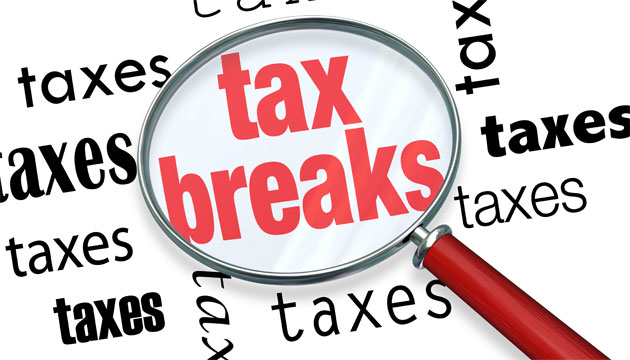Home-based business owners have more to think about, document and manage than do employees when it comes to their tax affairs. Understanding the correct tax information surrounding your business circumstances is vital, as it will ensure that you do not underpay or overpay the tax authorities. There are a number of factors to consider when filing your tax returns and a variety of saving tips that can help you to pay less Income Tax and National Insurance.
Record keeping
To work out your tax liabilities you must keep a record of all you sales and takings for the tax year, which begins on 6 April and ends a year later. There are two important deadlines for home-based business owners with the 31 October representing the last day any paper returns can be submitted and 31 January being the deadline for online tax returns. All home businesses must have submitted a tax return for the previous year by this time or face a fine from HMRC. All small business owners must pay Income Tax and National Insurance Contributions (NICs), while others may have to pay VAT, Capital gains Tax and Inheritance Tax depending on their situation. HMRC has an online calculator to help home business owners find out what they are liable to pay.
Expenses explained
Home-based business owners are entitled to deduct certain expenses from their tax liabilities. HMRC defines a home business as one that generates revenue from home. To calculate the expense of using a home office you need to find out your monthly operating costs, such as lighting, heating, home insurance, mortgage interest, water rates and other direct property costs. These expenses must then be divided by the amount of rooms in your house. For example, you could charge 1/3 of the total costs if you are in a three-room house. However, it is important to remember that if you claim for this expense, a third of your property could be subject to Capital Gains Tax if you ever decide to sell your house. This is one of the common tax issues for home businesses and can be problematic in the long term. To be sure, it is best not to use one specific room for business if you are claiming expenses in this way.
General expenses
Small business owners can also reduce their tax liabilities by claiming for expenses such as travel and subsistence and equipment purchases. If you work from home and have to travel to a client meeting then you can be reimbursed the train, bus and taxi fares associated with such a trip. These expenses are deducted against your business profits. Telephone expenses relating to business calls can also be claimed, as can the cost of equipment used to carry out your duties of employment. This includes home office purchases such as chairs, desks and bookcases.
Expert help
Outsourcing your tax requirement to an umbrella company such as www.crystalumbrella.com can alleviate the burden for home-based business owners. These companies manage your payroll and legitimately offset your business expenses. They also complete administrative tasks relating to tax, including filing end of year tax forms such as the P60.
